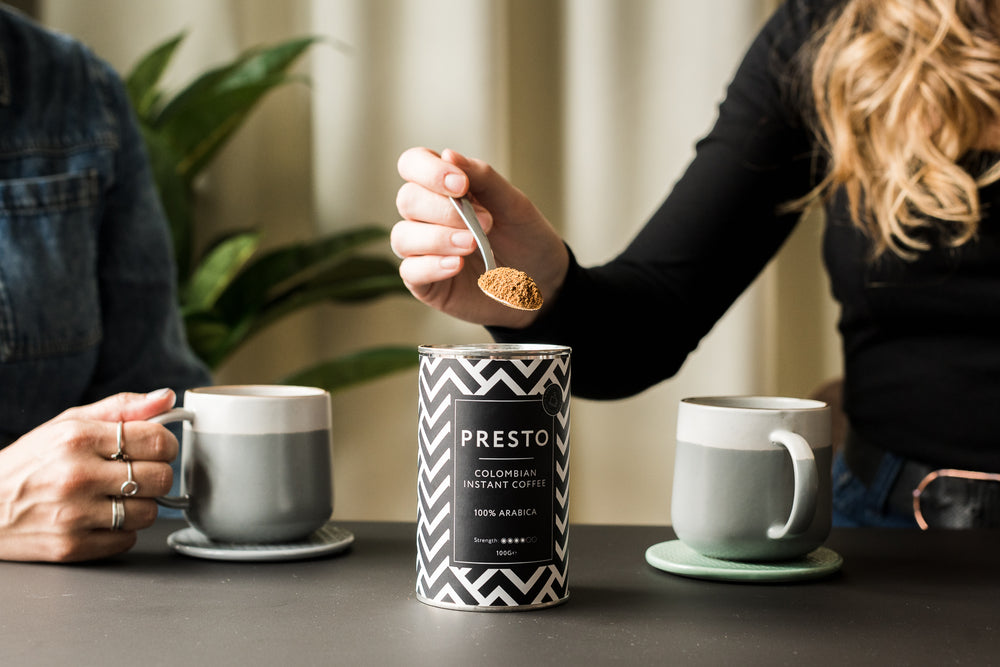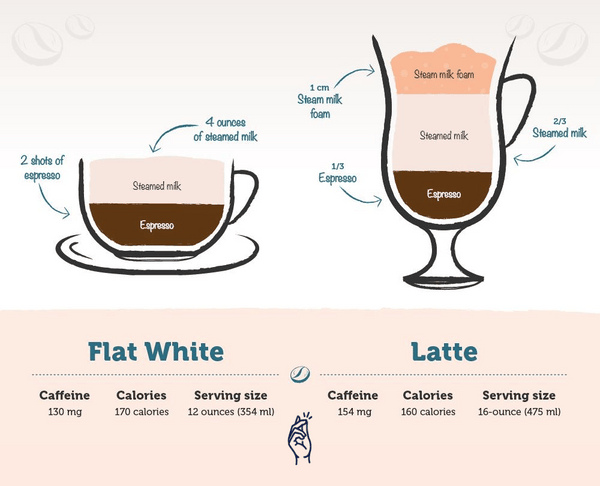What is Instant Coffee?
Instant coffee, also known as soluble coffee or granulated coffee, is made by drying brewed coffee into a powder or granules for a quick and easy preparation Curious about How to Make Instant Coffee? The process to create instant coffee involves brewing coffee in a concentrated form and then freeze-drying or spray-drying it to remove all water, resulting in finely grinded granules. When you want a cup, just add hot water to these bits, stir, and your coffee is ready to drink right away. No machines, no waiting, just quick and easy coffee.
What is Ground Coffee?
Ground coffee is the result of grinding coffee beans into a coarse or fine powder, ready for brewing to make fresh coffee. It is like the ingredients for making fresh coffee. It's coffee beans that have been roasted and then ground up into small pieces. For espresso or Turkish coffee, the beans are finely grinded to achieve optimal extraction and flavor intensity. The best-tasting coffee comes from high-quality, freshly roasted ground coffee beans, offering a richer aroma and flavor. You need to brew it, meaning you mix it with hot water using a coffee maker or a similar tool to get your coffee. It's not instant; you have to "cook" it to enjoy a fresh cup.
Is Ground Coffee the Same as Instant Coffee?
|
Feature |
Ground Coffee |
Instant Coffee |
|
Preparation |
Needs brewing with a machine or tool. |
Just add hot water. |
|
Form |
Ground beans. |
Dehydrated coffee crystals or powder. |
|
Taste |
Fresher and more aromatic. |
Can vary, often less rich than brewed coffee. |
|
Time |
Takes time to brew. |
Ready instantly. |
|
Equipment |
Requires brewing equipment. |
No equipment needed. |
|
Convenience |
Less convenient, more steps. |
Highly convenient, minimal steps. |
Instant Coffee vs Ground Coffee
Ever wondered about the instant coffee vs ground coffee debate? The key difference between instant coffee and ground coffee lies in their preparation methods and taste profile, with instant coffee providing a more convenient but often less rich taste compared to the freshly brewed ground coffee beans.
Instant Coffee
- Nutritional Content: Contains potassium, magnesium, and antioxidants, though the amounts can slightly differ due to the processing it undergoes.
- Caffeine Levels: Typically lower than ground coffee, making it a good option for those who are sensitive to caffeine or want to limit their intake.
- Acrylamide Levels: Concerns about whether Instant Coffee Good or bad for you often arise due to its acrylamide content; however, it is generally considered safe to consume within moderate limits. Higher levels of acrylamide compared to ground coffee due to the processing methods.
- Antioxidants: Offers antioxidants, but the process of making instant coffee might reduce their levels slightly compared to freshly brewed coffee.
- Convenience: No specific coffee machine for instant coffee is needed as such, making it a versatile choice for those without access to brewing equipment.
- Taste and Experience: Some people find the taste less rich and less aromatic compared to freshly brewed ground coffee, but it provides a consistent flavor that some prefer. Does instant coffee go bad? While it can lose flavor over time, it remains safe to consume if stored properly.
Ground Coffee
- Nutritional Content: Also rich in potassium, magnesium, and antioxidants. The brewing process can potentially extract these nutrients more effectively.
- Caffeine Levels: Generally higher than instant coffee, beneficial for those looking for a boost in mental alertness and physical performance.
- Acrylamide Levels: Contains acrylamide, but usually at lower levels than instant coffee. The levels depend on the roasting degree and brewing method.
- Antioxidants: The brewing process of ground coffee can yield a higher antioxidant content, contributing to better health benefits like reduced inflammation.
- Convenience: Requires more time and equipment (like a coffee maker or press) for brewing, which might not suit everyone's morning routine or preferences.
- Taste and Experience: Offers a fresher, more aromatic coffee experience, which can be preferred by those who enjoy the process and taste of brewing coffee.
While instant coffee vs ground coffee may seem like opposites, they both serve the same purpose: to provide a much-needed caffeine kick. Both instant and ground coffee have their unique benefits and drawbacks in terms of health, convenience, and taste. The difference coffee lovers will note between instant and ground varieties extends to taste, preparation, and nutritional content.
What are Brewing Method for Instant Coffee or Ground Coffee?
How to brew instant coffee is as simple as dissolving the granules in hot water, making it a quick, convenient option. No coffee machine for instant coffee is needed, emphasizing its convenience for those without brewing equipment.
Instant Coffee
Preparation: Instant coffee is the simplest form of coffee to prepare.
- Boil water using a kettle or any other method.
- Take a teaspoon (or more, depending on your taste preference) of instant coffee and put it into your cup.
- Pour hot water into the cup, directly over the instant coffee granules or powder.
- Stir until the coffee granules are completely dissolved.
- Add milk, sugar, or any other additives according to your preference and stir again.
Wondering how much instant coffee per cup? To brew, simply dissolve one teaspoon (or adjust according to taste preference) of instant coffee made granules in a cup of hot water for a quick caffeine fix. The convenience lies in its quick and easy preparation, not requiring any specialized brewing equipment.
Ground Coffee
If you're new to brewing, you might wonder how to use ground coffee or How to make ground coffee. The brewing process for ground coffee varies depending on the equipment used which involves roasting ground coffee beans and then grinding coffee beans to the right consistency., but here's a general overview of using a drip coffee maker, one of the most common methods:
Preparation of the Coffee Maker
- Fill the coffee maker's water chamber with fresh, cold water.
- Place a coffee filter in the basket. Some coffee makers come with a reusable filter.
Adding Ground Coffee
- Measure the ground coffee. The standard ratio is about 2 tablespoons of coffee per 6 ounces of water, but you can adjust this according to your taste.
- Spread the ground coffee evenly in the filter.
Brewing
- Turn on the coffee maker. Water will heat up, rise, and then drip over the ground coffee.
- The hot water extracts flavors and compounds from the grounds, passing through them and the filter, then drips into the pot below as brewed coffee.
Serving
- Once the brewing process is complete, the coffee is ready to serve.
- Pour the brewed coffee into a cup and add milk, sugar, or any other additives as desired.
To use ground coffee, measure the desired amount and brew it using your preferred method, such as a coffee machine or a French press, allowing the hot water to extract the flavors from the grind mixture.
The main difference in brewing methods between instant and ground coffee lies in the necessity of brewing equipment and time for ground coffee, offering a more hands-on and customizable coffee experience, versus the simplicity and speed of preparing instant coffee.
Instant Coffee or Ground Coffee: How to Choose Your Perfect Cup
Choosing between instant coffee and ground coffee depends on various factors that align with an individual's preferences, lifestyle, and taste. Here's a guide to help make that choice:
Consider Instant Coffee if You Value
- Convenience and Speed: If you have a busy lifestyle or need a quick caffeine fix without the hassle of brewing, instant coffee is unbeatable. It's ready in seconds, just by adding hot water.
- Ease of Preparation: No need for any coffee brewing equipment, making it ideal for travel, office, or situations where you have limited kitchen space.
- Consistency: Instant coffee offers a consistent taste every time, which can be comforting for daily drinkers who prefer knowing exactly how their coffee will taste.
- Lower Caffeine Intake: If you're sensitive to caffeine or trying to reduce your intake, instant coffee generally contains slightly less caffeine than its ground counterpart.
Choose Ground Coffee if You Prefer
- Richer Flavor and Aroma: For those who savor the coffee experience, ground coffee provides a fresher taste and more aromatic depth compared to instant coffee.
- Variety and Customization: With ground coffee, you have the option to experiment with different brewing methods (like drip, French press, pour-over) and grind sizes to find your perfect cup.
- The Ritual of Brewing: Many find the process of brewing coffee with ground beans to be a meditative, enjoyable routine that enhances the overall coffee experience.
- Higher Antioxidant Levels: Due to the extraction process, brewed ground coffee might offer more health benefits in terms of antioxidants, which can contribute to reduced inflammation and other health perks.
Other Factors to Consider
- Budget: Instant coffee is generally less expensive upfront, though prices can vary widely. Ground coffee might require investing in brewing equipment.
- Environmental Impact: The production process, packaging, and waste (coffee pods, filters) associated with your coffee choice can have different environmental footprints.
- Dietary Restrictions or Health Goals: If you're monitoring your caffeine intake or concerned about chemicals like acrylamide, these factors might influence your choice.
The debates regarding Instant coffee vs ground coffee often revolve around convenience versus flavor. When searching for the best-tasting instant coffee in the UK or elsewhere, look no other than Presto Coffee, we offer a smooth flavor profile and a balance between acidity and bitterness. Apart from that we also have a great collection of Coffee bag, Whole Bean Coffee, and Fresh Coffee. Do try them out! Using instant or ground coffee for your drink? See how they work for Flat Whites and Lattes in our 'Flat White Vs Latte' article.
Instant Coffee Vs Ground Coffee Vs Whole Beans
|
Feature |
Instant Coffee |
Ground Coffee |
Whole Beans |
|
Preparation Time |
Quickest, just add hot water. |
Requires brewing time. |
Must be ground before brewing; longest prep time. |
|
Convenience |
Highest, no brewing equipment needed. |
Moderate, needs equipment like filters or machines. |
Lowest, requires a grinder plus brewing equipment. |
|
Flavor & Aroma |
Consistent, but may lack complexity. |
Fresh, with more depth than instant. |
Best flavor and aroma, especially when freshly ground. |
|
Shelf Life |
Longest, can last months without significant degradation. |
Shorter than instant, best used within weeks. |
Long when stored properly, but best when fresh. |
|
Customization |
Limited to water addition. |
Grind size and brewing method offer some control. |
Full control over grind size, brewing time, and method. |
|
Whole Bean Advantages |
- |
- |
Freshest taste, full control over the coffee experience. |
|
Comparison with Ground Coffee |
Less flavor complexity, but wins on convenience. |
More flavorful than instant, requires equipment. |
Requires extra prep time but offers the best quality and experience. |
Explore the versatility of instant coffee further by learning how to make whipped coffee, a trendy and easy recipe.
Frequently Asked Questions
Q: Is instant coffee as healthy as ground coffee?
A: Both instant coffee and ground coffee are made from coffee beans and share similar health benefits. However, instant coffee might have slightly lower caffeine content and can sometimes contain added ingredients. In moderation, both are healthy choices.
Q: Can I get the same flavor from instant coffee as from ground coffee?
A: While instant coffee offers convenience and consistency, ground coffee provides a richer flavor profile that can vary based on the brewing method, bean type, and freshness. Presto Coffee ensures high-quality in both types for the best taste experience.
Q: How does the caffeine content compare between instant coffee and ground coffee?
A: Generally, ground coffee contains more caffeine than instant coffee. A cup of ground coffee may offer a stronger energy boost, while instant coffee is great for those looking to limit their caffeine intake but still enjoy a good cup of coffee.
Q: Is instant coffee more convenient than ground coffee?
A: Yes, instant coffee is designed for convenience, requiring only hot water to prepare, making it ideal for quick cups or when you're on the go. Ground coffee requires brewing equipment and a bit more time to extract its full flavor.
Q: Does instant coffee go bad faster than ground coffee?
A: Both instant and ground coffee can last a long time if stored properly, but instant coffee can be more stable due to its lack of oils and moisture. Ensure both are kept in airtight containers away from direct sunlight for maximum freshness.
Q: Which is better for the environment, instant or ground coffee?
A: The environmental impact depends on various factors, including packaging and production processes. However, ground coffee often has less packaging waste compared to single-serve instant packets. Presto Coffee is committed to sustainability across all our products.
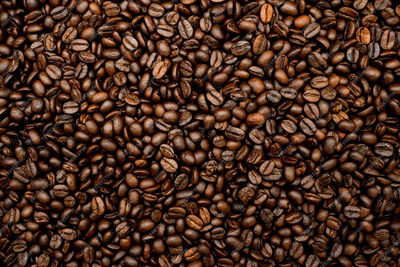
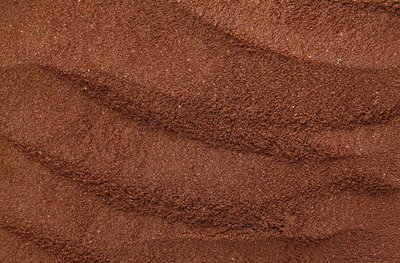

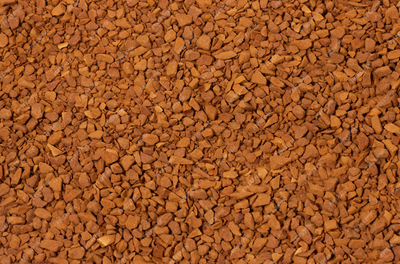


 Log in
Log in